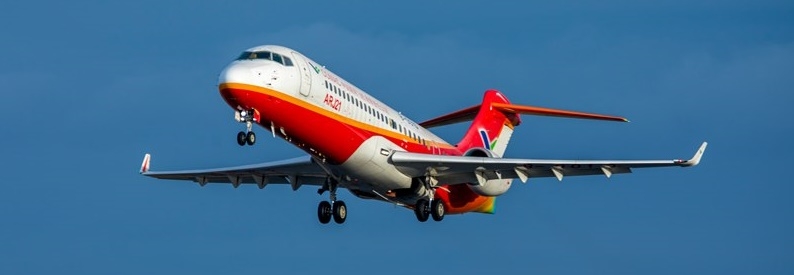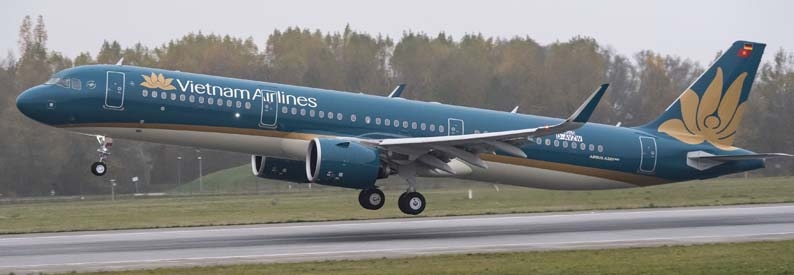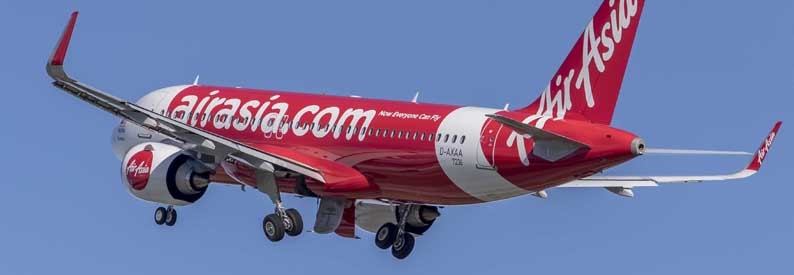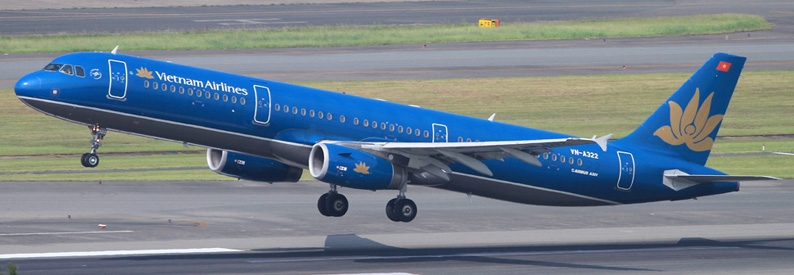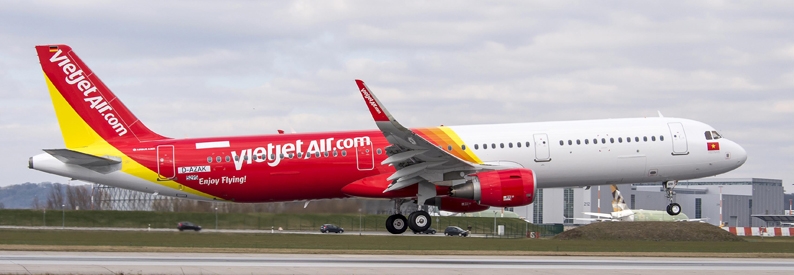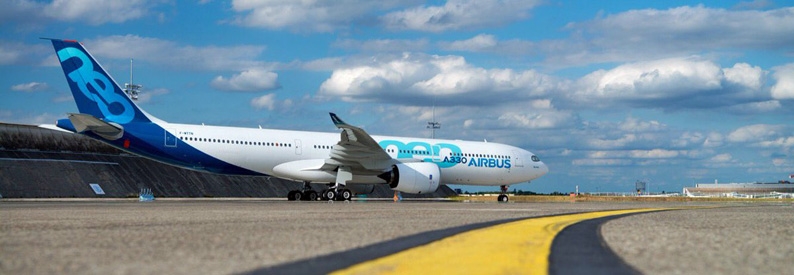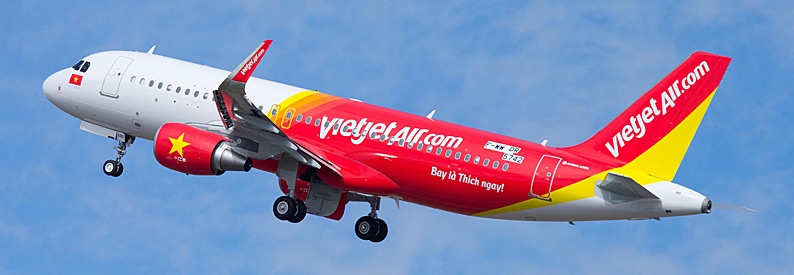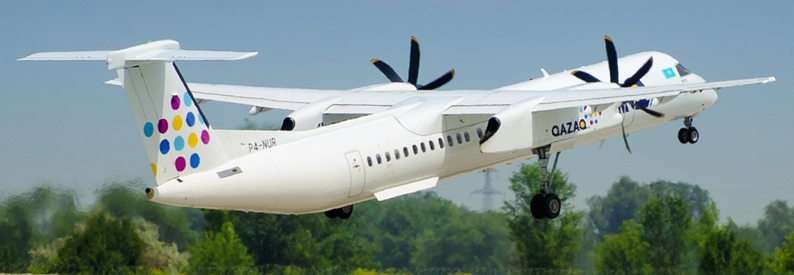VietJetAir (VJ, Hanoi Noi Bai International) managed to raise a total of VND650 billion dong (USD28.2 million) in its most recent bond issue, which was launched in early December 2020, the privately-owned low-cost carrier declared in a statement dated January 13.
The bond sale “was a part of VietJet’s mid-and-long-term bond plan” and was the second time it had listed its bonds on the market seeking capital from investors.
The first bond issue took place in February 2020, before the worldwide Covid-19 lockdowns began, when it also secured VND650 billion from selling 6.5 million bonds. As before, the newly acquired cash will fund the airline’s development plan in 2021, the company said.
VietJetAir told news outlets in late August 2020 that it was seeking to raise VND2.6 trillion (USD112.5 million) that year through the issue of domestic bonds, including one for VND600 billion with a two-year maturity. This would help it “channel capital amid the pandemic that is threatening the airline’s profit,” a spokesperson said at the time.
In its latest statement, VietJetAir cited Fitch Ratings as suggesting that Vietnam’s aviation industry would recover faster than other countries in Southeast Asia due to its effective control of the pandemic.
This is likely to have referred to a Fitch report released on September 28, 2020, which said: “Passenger traffic at Vietnamese airlines should rebound faster than in other Southeast Asian markets due to the country’s low incidence of Covid-19 cases.”
VietJetAir also pointed to a report by German investment specialist Seahawk Investments, which predicted that low-cost carriers would, as the airline put it, “bounce back more quickly when the pandemic is curbed thanks to their business model, effective operations, and low debt ratio.”
This is likely to have been in reference to a Seahawk report dated June 30, 2020, which said: “We expect low-cost carriers to get through this crisis in better shape. LCCs are able to operate more efficiently due to their competitive cost structure, smaller scale, lower exposure to international routes and stronger balance sheets. [...] In contrast, many full-service carriers [have] had to rely on government aid to survive, which translates into elevated debt and equity dilution.”
According to ch-aviation fleets module, VietJetAir currently operates a fleet of 71 aircraft, 54 of which are currently active. The total tally includes eighteen A320-200s, thirty-nine A321-200s, eleven A321-200N, and three A321-200NX. It also has as many as 324 A321-200neo and B737 MAX aircraft waiting to be delivered. It currently operates 45 routes, all of which are domestic.

